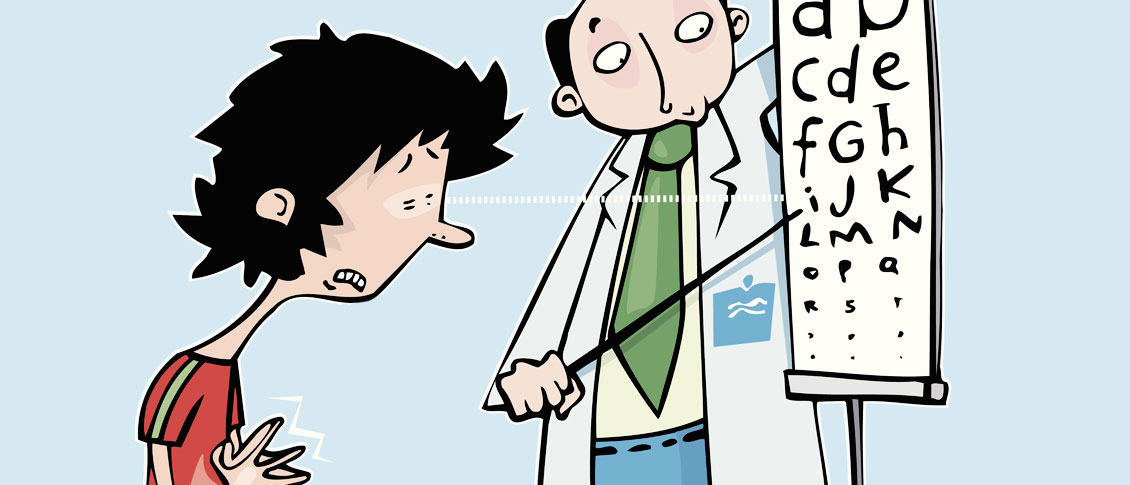
What are conditions that can affect a child’s vision and the potential for learning? What is Amblyopia? What is Strabismus? What about Convergence Insufficiency? These are serious conditions of a child’s eye that need addressed. Did you know that 80% of learning comes through vision? The proverb that states, ”A picture is worth a thousand words” is true! But what if a child cannot visually see or process those words?
Let’s explore Amblyopia , or “lazy eye”. It affects 3-5% of the population, enough that the federal government funded children’s yearly eye exams into the Accountable Care Act or ObamaCare health initiative. Amblyopia occurs when the anatomical structure of the eye is normal, but the “brain -eye connection” is malfunctioning. In other words, it is like plugging in your computer to the outlet and the power never gets to the computer all the way.
Amblyopia need to be caught early in life, in fact if it is not caught and treated early (before age 8) it can lead to permanent vision impairment. Correction with glasses or contacts and patching the good eye daily are ways it is treated. Most eye doctors agree that the first exam should take place in the first year of life. Early detection is a key.
Strabismus is a condition that causes an eye to turn in (esotropia), out (exotropia), or vertically. It can be treated with glasses or contacts, and if needed surgery. Vision therapy or strategic eye exercises prescribed by a doctor can also improve this condition. In fact, vision therapy is the treatment of choice for Convergence Insufficiency.
When we read, our brain tells our eyes to turn in to a comfortable reading posture. In Convergence Insufficiency, the brain tells the eyes to turn in, but they instead turn out, causing tremendous strain on that child’s eye for reading. Another tell tale sign of this condition is the inability to cross your eyes when a target approaches. The practitioner will see instead, that one of the eyes kicks out as the near target approaches. This condition can be treated with reading glasses or contacts, and eye exercises that teach the muscles of the eye to align properly during reading.
It is important to understand the pediatric eye and all the treatments that can be implemented to augment the learning process. Preventative care in the form of early eye examinations can mean the difference between reading properly or struggling badly in a child’s learning. Remember, a young child can’t tell you if they have a vision impairment or not. For the success of the child: be proactive in encouraging exams in the first year of life and beyond.
The content of this blog cannot be reproduced or duplicated without the express written consent of Eye IQ.
